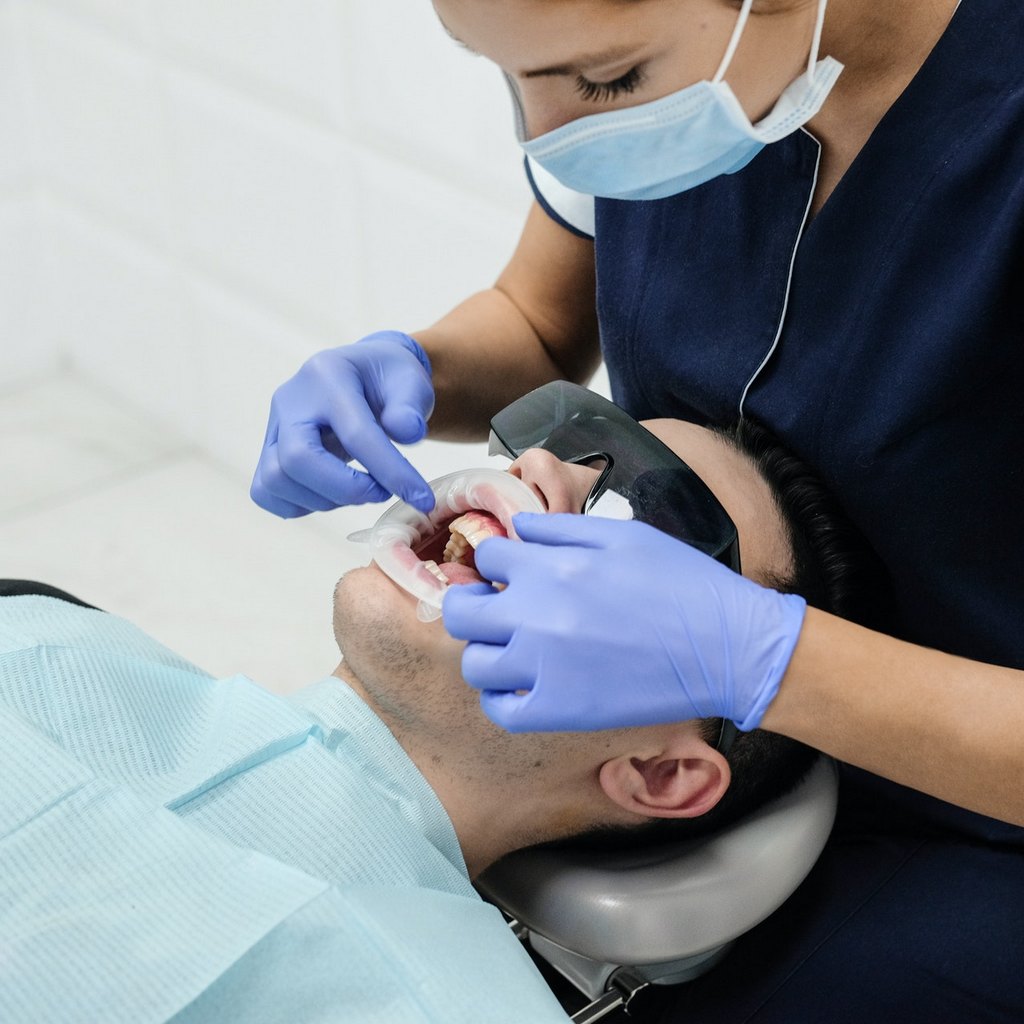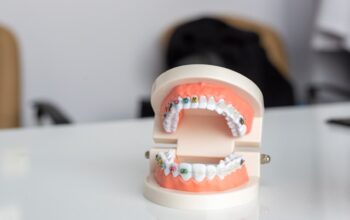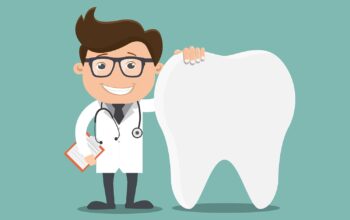Fact #1.
Healthy teeth mean a healthy body!
The mouth is the launching pad for digestion. Oral bacteria and food get into your body – the digestive system – and can cause gastritis, peptic ulcers, colitis and other problems.
Hearing or vision problems, headaches, a “clamping” of the jaw or clicking while chewing may result from a missing tooth or partial collapse of the tooth, causing asymmetry in the jaw line and TMJ problems.
Fact #2.
Healthy teeth – a beautiful body!
Dental diseases or the absence of several teeth is the reason why a person chews food incompletely, which means that it enters the stomach unprepared for normal processing and assimilation. The metabolism is disturbed – weight increases.
The results of a study of Japanese scientists, who surveyed 14 thousand people and found that people who brush their teeth three times a day, are less likely to be overweight.
Fact #3.
Healthy Teeth Mean Fresher Breath!
Bad breath is the result of an active infection in the mouth. If you have gum disease (periodontitis), there are gaps between your teeth and gums called “periodontal pockets” that can be quite deep and make it hard to keep your mouth clean. Bacteria and odors that collect in these pockets can cause bad breath.
Fact #4.
Healthy Teeth – Healthy Environment!
Streptococcus mutans are the bacteria credited with causing tooth decay. Studies have shown that tooth decay can be transmitted as an infectious disease from one person to another if the saliva of the person with the decay gets into the mouth of the healthy person.
Here’s an example: Mom or Dad licks the baby’s spoon or pacifier, tastes food, or just kisses the baby.
Fact #5.
Healthy teeth make for pleasant communication!
Acquaintances, friendly meetings, and conversations begin with a smile. On the one hand, dental defects themselves do not prevent smiling and laughing from the heart. On the other hand, will their owner do it as naturally and with pleasure as if he had straight and white teeth…
Research by psychologists shows that people who have problems with their teeth create such working conditions for themselves that they have to communicate face to face with other people less often, i.e. they actually deprive themselves of communication with people around them.







